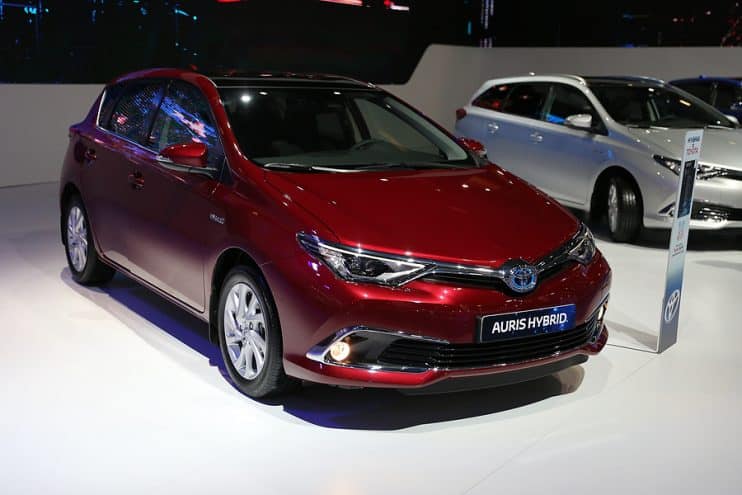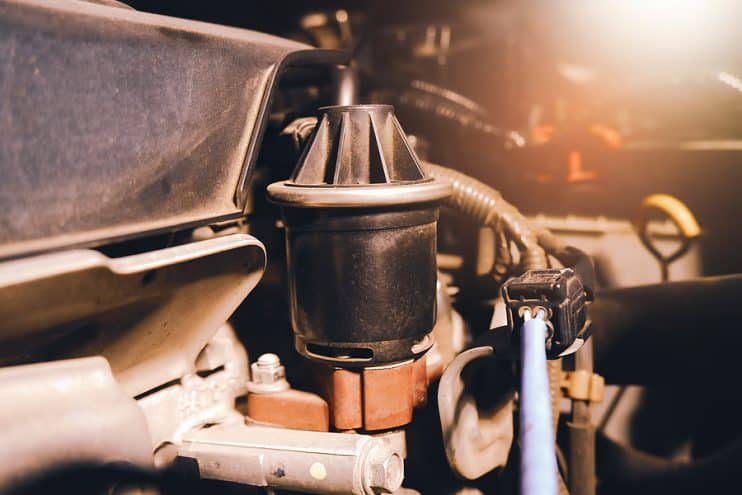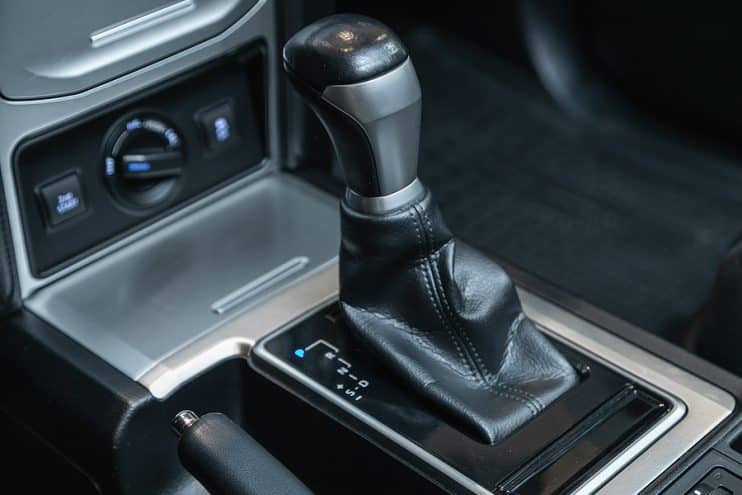
The Toyota Auris, a compact car, is recognised for its practicality, efficiency, and reliability. Toyota produced it in various body styles – a 3-door hatchback, a 5-door hatchback, and an estate version – from 2006 to 2018. The Auris also offered different engine options, including petrol, diesel, and hybrid. The hybrid variant, the Toyota Auris Hybrid, was famous for its fuel efficiency and eco-friendly features.
Despite its positive reputation and easy maintenance, the Toyota Auris does face specific issues, as reported by drivers. We delve into these issues, evaluate the car’s reliability, and find out why Toyota stopped production of the Auris in 2018.
Table of contents:
- Common issues with Toyota Auris
- How reliable is the Toyota Auris?
- When and why did Toyota stop making the Auris?
Common issues with Toyota Auris
Like most vehicles, the Toyota Auris has its fair share of known problems that owners and mechanics are aware of. Some of the most common issues include the following.
Fast-draining battery
Some drivers have reported battery drain problems, especially for the 2017 model year. Potential causes include:
- Parasitic drain due to faulty electrical components or wiring.
- A malfunctioning alternator that fails to charge the battery properly.
- An ageing or weak battery that can’t hold enough charge.
- Leaving the boot open or other lights on.
If you think your Auris is suffering from rapid battery drain, you can use a multimetre to test it yourself or ask a mechanic to do it for you.

EGR cooler/valve problems
The Exhaust Gas Recirculation (EGR) cooler valve is crucial in regulating exhaust gas temperature, helping emission reduction and fuel efficiency. Some Toyota Auris owners have faced issues with the EGR cooler valve getting clogged or damaged due to carbon buildup. This leads to overheating engines, exhaust leaks, reduced power, black smoke, and the check engine light turning on.
Regularly cleaning the EGR valve with appropriate cleaning agents can help to prevent this issue.
Brakes squealing or squeaking
Brake squealing, acknowledged by Toyota, is a known concern with the Auris. It’s the noise produced when brake pads and discs interact. A service action is in place for necessary replacements under warranty. For out-of-warranty cars, replacing brake pads and discs might be required. Cleaning brakes, applying anti-squeal lubricant, or adjusting driving habits can also help to reduce brake squeal.
Black smoke because of issues with the Mass Airflow Sensor
Diesel Toyota Auris models can experience a burst of black smoke from the exhaust, indicating a rich air/fuel mixture. This leads to reduced power, slow acceleration, surging, poor fuel economy, and potential engine or catalytic converter damage.
A defective Mass Airflow Sensor (MAF) could be the cause. Other culprits include a blocked Exhaust Gas Recirculation (EGR) valve or faulty diesel injectors.
Identifying and replacing the faulty component is essential, and cleaning the intake and exhaust systems might be necessary.
Intelligent Power Module (IPM) problems
The Intelligent Power Module (IPM) manages power distribution between the battery and electric motor in hybrid systems. Toyota Auris hybrid models have faced problems related to IPM failures. Factors like high thermal stress or faulty transistors can trigger issues, resulting in hybrid system malfunctions, reduced power, or overheating.
For specific UK models produced between May 3, 2014, and December 2, 2018, a recall addresses IPM-related concerns, offering eligible owners a free replacement.

Gearbox issues
Some owners, especially those with manual gearboxes, have reported problems with gearboxes in their Toyota Auris, but it can depend on the car’s year, engine type, and driving style. Potential reasons for the issues range from old or contaminated oil to clutch actuator problems, gear alignment, or gearbox damage.
To keep the gearbox in good shape, follow Toyota’s service recommendations. They suggest getting maintenance every 12 months or every 10,000 miles, whichever comes first. These services alternate between Intermediate and Full maintenance for the car’s first 100,000 miles. Sticking to these guidelines can go a long way in maintaining a healthy gearbox.
Handbrake/parking brake problems
Some Toyota Auris drivers have reported difficulty activating the handbrake when the driver’s seat is in the maximum forward position. This happens because of a misadjusted handbrake mechanism.
Fortunately, you don’t need to replace parts to resolve this problem. Simply pull up the handbrake to its first notch and then drive around 400 metres at a speed of around 25mph. After that, stop the car, release the handbrake, and wait for five minutes. Repeat this process until the handbrake works smoothly again.
How reliable is the Toyota Auris?
The reliability of the Toyota Auris can vary based on factors such as the model year, maintenance history, and driving habits. However, Toyota is known for producing reliable vehicles, and the Auris is generally considered a dependable option. It’s also fairly easy to source new or used Toyota Auris parts.
In 2012 Which? Car Survey, the Toyota Auris Hybrid achieved an impressive reliability score of 96.4%, positioning it at the top of the charts for reliability.
The overall reliability index for the Toyota Auris stands at just 45, accompanied by an average repair cost of £363.21. When the vehicle does require repairs, it spends an average of 1.98 hours off the road. While this duration isn’t the lowest in its class, it’s still relatively reasonable.
In the 2018 Driver Power owner satisfaction survey, the Toyota Auris secured the 20th position among the top 75 cars currently available in the UK market. Among the respondents, 9.4% reported encountering issues with their vehicles at least once.
When and why did Toyota stop making the Auris?
In 2018, Toyota discontinued the Auris and introduced the new Toyota Corolla as its successor. The Toyota Auris was already being marketed in other countries as the Toyota Corolla model, so the change wasn’t just about swapping out or improving the Auris.
Instead, it was a strategic move by Toyota to compete with cars like the Ford Focus and VW Golf, with a consistent global identity under one model.
Despite the name change, manufacturing of the Corolla continues today at Toyota’s factory in Derbyshire.




.png)